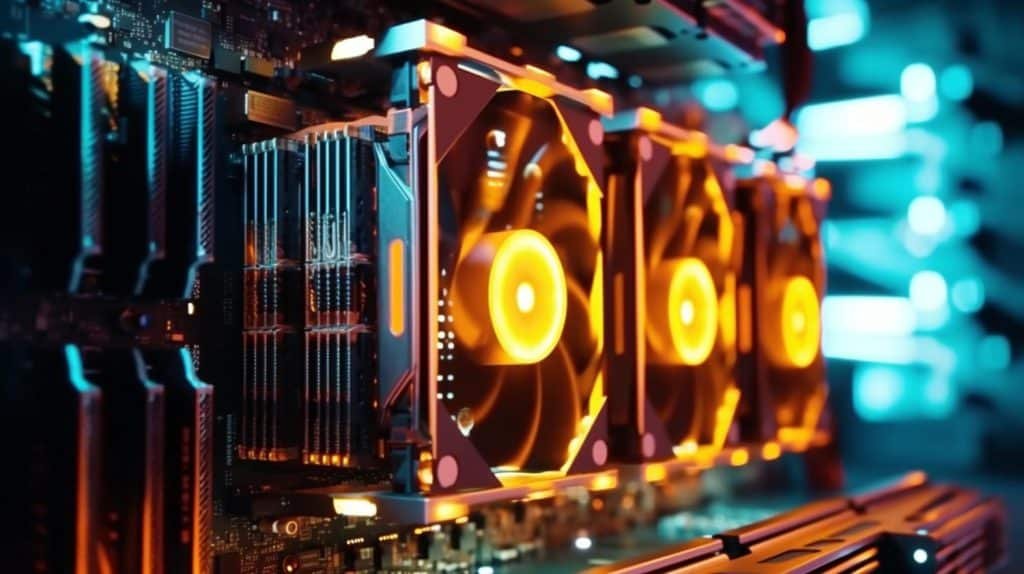Exploring the Frontier: Advances in Cooling Systems for High-Performance Computing
Hey there, fellow tech enthusiasts! Have you ever wondered what keeps those high-performance computers running smoothly without overheating? Well, I wonder no more because today, we’re diving into the fascinating world of cooling systems for high-performance computing. From liquid cooling to innovative thermal management solutions, we’ll explore the latest advancements in keeping our PCs cool and efficient. So, grab your favourite beverage and embark on this technological journey together!
Liquid Cooling: Harnessing the Power of H2O
Picture this: your computer is running at full throttle, crunching numbers and rendering graphics at lightning speed. With all that processing power comes heat—lots of it. That’s where liquid cooling comes in. Instead of traditional air cooling methods, liquid cooling systems use water or other coolants to dissipate heat from critical components. It’s like having a refreshing drink on a hot summer day—except for your computer’s CPU and GPU. Liquid cooling is incredibly efficient and allows more overclocking headroom, making it a popular choice for high-performance computing enthusiasts.
Air Cooling: The Tried and True Method
While liquid cooling may steal the spotlight, remember good old-fashioned air cooling. Think of it as opening a window on a stuffy day—the fresh breeze helps keep things comfortable. Air cooling systems, typically comprised of fans and heat sinks, work by circulating air around key components to dissipate heat. While not as efficient as liquid cooling, air cooling is reliable, cost-effective, and well-suited for most computing tasks. Plus, with advancements in fan design and thermal paste technology, air coolers are more effective than ever at keeping temperatures in check.
Innovative Thermal Management: Thinking Outside the Box
But wait, there’s more! In addition to liquid and air cooling, researchers and engineers are exploring innovative thermal management solutions to tackle the heat generated by high-performance computing systems. From phase-change materials to thermoelectric coolers to vapour chambers, these cutting-edge technologies aim to push the boundaries of what’s possible in cooling efficiency. It’s like upgrading from a hand fan to air conditioning—next-level cooling for next-level computing.
Efficiency and Sustainability: Balancing Performance and Power
As high-performance computing continues to evolve, so does the need for efficient and sustainable cooling solutions. With a growing focus on energy efficiency and environmental responsibility, manufacturers are designing cooling systems that balance performance and power consumption. It’s like finding the sweet spot between speed and fuel economy in a race car—maximizing performance without compromising efficiency. By optimizing cooling systems for both performance and sustainability, we can ensure that high-performance computing remains powerful and environmentally friendly for years to come.
Conclusion: Keeping Cool in a High-Tech World
In conclusion, advances in cooling systems for high-performance computing are revolutionizing how we think about heat management. From liquid cooling to air cooling to innovative thermal management solutions, there’s no shortage of options for keeping our PCs running excellently and efficiently. At Magque, we’re committed to staying at the forefront of these advancements, offering cutting-edge cooling solutions to meet the needs of today’s high-performance computing enthusiasts. So why join us on this exciting journey? With the right cooling system by your side, the sky’s the limit for what you can achieve in high-performance computing.
Read Also:














